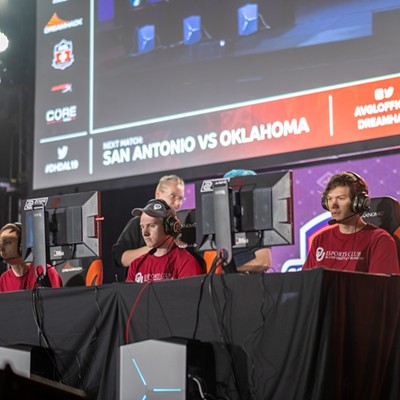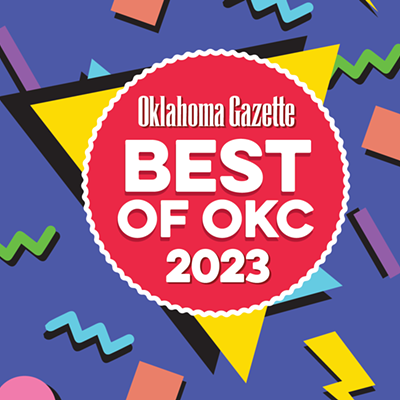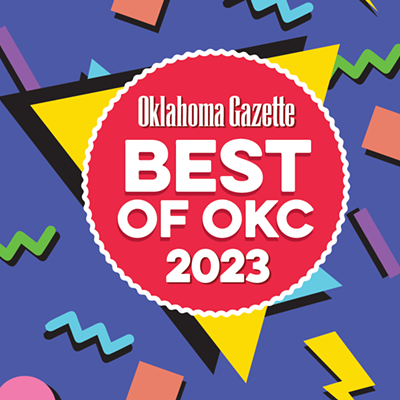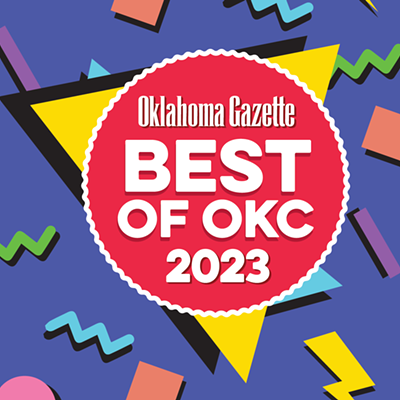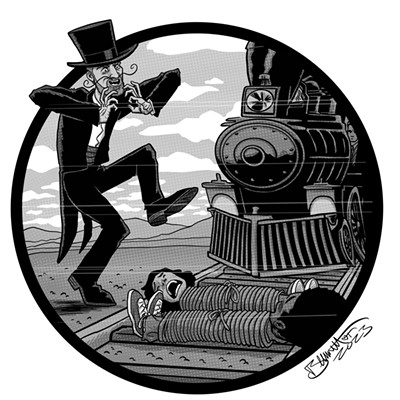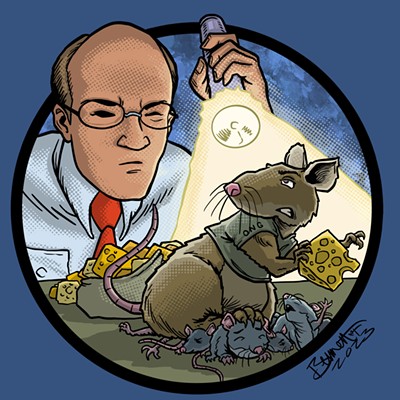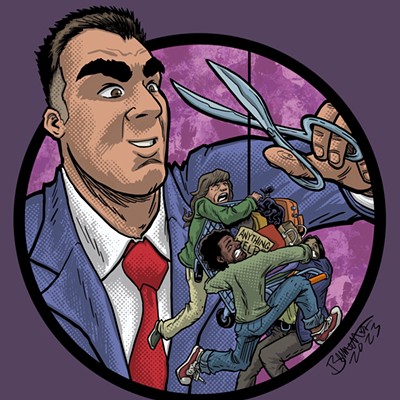“Clara Luper was a great Oklahoman and a great American,” Oklahoma City Mayor Mick Cornett said in a statement.
“Her peaceful, resolute sit-in protest at the Katz Drug Store, where the owners at the time refused to serve African- Americans, paved the way for equal rights in Oklahoma City.”
At Katz, “a center of activity” with a pharmacy and lunch counter, as Luper wrote in her account of the OKC sit-in movement, “Behold the Walls,” blacks could shop and buy drinks and sandwiches, but had to eat outside. They weren’t allowed to sit inside.
“All of my life I wanted to sit at those counters and drink a Coke or a 7Up,” she wrote. “It really didn’t matter which, but I had been taught that those seats were for ‘whites only.’ Blacks were to sweep around the seats and keep them clean so whites could sit down.”
The protesting group organized by Luper ordered 13 Cokes. The goal was to sit quietly and wait until they were served. The manager rushed over: “You know we don’t serve colored folks at this counter,” he told Luper, she wrote.
“You take these children out of here this moment. Did you hear me?”
“Thirteen Cokes,” she said.
Police and news crews arrived and whites left the counter, angry. Some coughed on the children; others uttered racial epithets. “Pushing, cussing, and ‘n-----’” followed, Luper wrote.
By the end of the week, Katz capitulated. The event sparked an even greater victory: The drug store company announced its 38 stores in Oklahoma, Missouri, Kansas and Iowa would open service to all, Luper wrote. She would later become a teacher for Oklahoma City Public Schools. In 2007, she was inducted into the Oklahoma Hall of Fame. Her funeral is at 11 a.m. Friday at the Cox Convention Center.
In an online commentary published at okgazette.com, former John Marshall High School student Todd Fagin wrote that Luper had his sophomore class repeat the following:
“Teach me, Ms. Luper,” “I can learn,” and “I am somebody.”
“Much like an old-time revival, she had all students convinced by the end of that first class of our individual importance, and that the largest barrier in our pathway to success was our own inhibitions,” wrote Fagin, now a visiting assistant professor at Oklahoma State University. “She continued to instill these values.”


